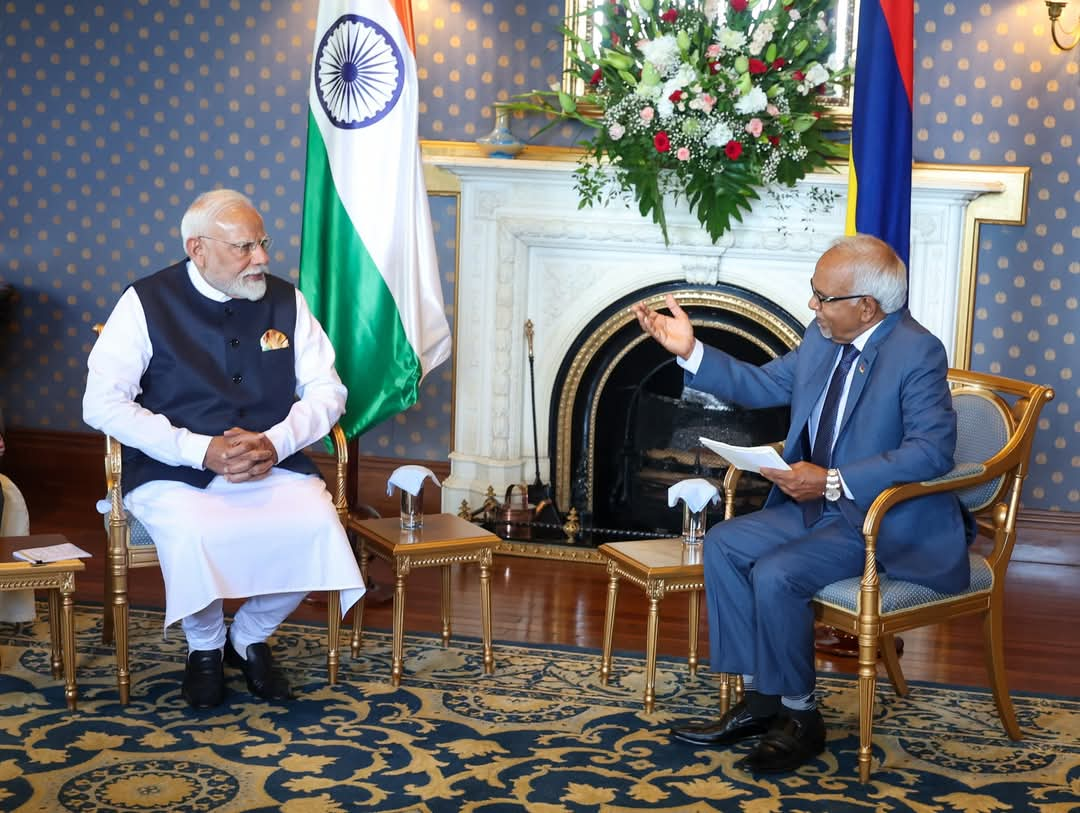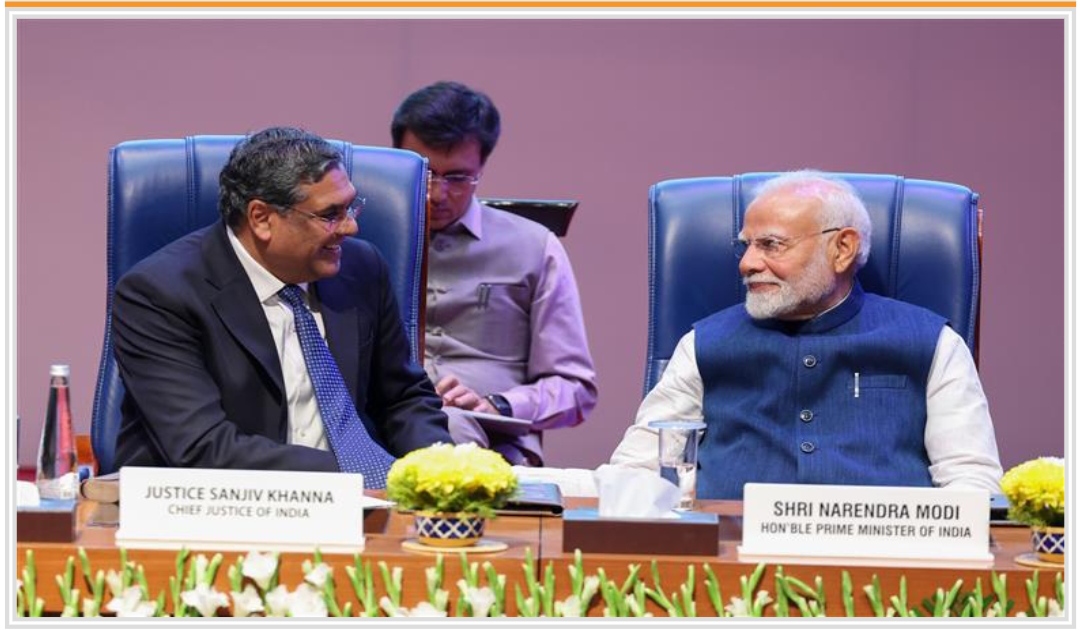Indian Railways Achieves 70% Reduction in Train Accidents Since 2014.
New Delhi:
Indian Railways has seen a dramatic 70% reduction in consequential train accidents over the past decade, a testament to its ongoing safety initiatives. The number of such accidents has dropped from 135 in 2014-15 to just 40 in 2023-24. This decline follows years of investment in safety measures, including track maintenance, technological upgrades, and enhanced training programs.
Accident rates, as measured by Accidents per Million Train Kilometers (APMTKM), have also shown significant improvement, falling by approximately 73% from 0.11 in 2014-15 to 0.03 in 2023-24.
A major part of this success can be attributed to the increased expenditure on safety-related activities, which has surged over the years, with the 2023-24 budget for safety reaching Rs. 101,651 crores. Key safety measures include the widespread deployment of Electronic and Mechanical Interlocking Systems, the introduction of Kavach (a National Anti-Collision Device), and the elimination of unmanned level crossings.
Additionally, the replacement of old coaches with more secure LHB (Linke Hofmann Busch) coaches and the installation of fire and smoke detection systems have improved passenger safety. The Railways has also invested in more sophisticated track renewal technologies, including the use of long rail panels and ultrasonic flaw detection to identify and address track defects before they result in accidents.
As part of its modernization efforts, Railways has eliminated all unmanned level crossings by January 2019 and continues to expand road over and under bridges to improve crossing safety.
This comprehensive focus on safety is reflected in the remarkable reduction in accidents and casualties, showcasing the Indian Railways’ commitment to ensuring safer train operations for millions of passengers. The safety improvements were highlighted by Union Minister for Railways, Ashwini Vaishnaw, in a written response in the Lok Sabha.


